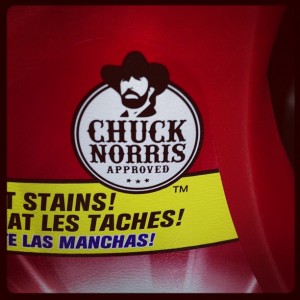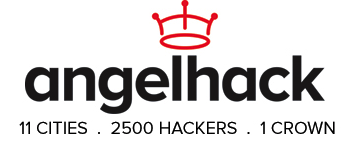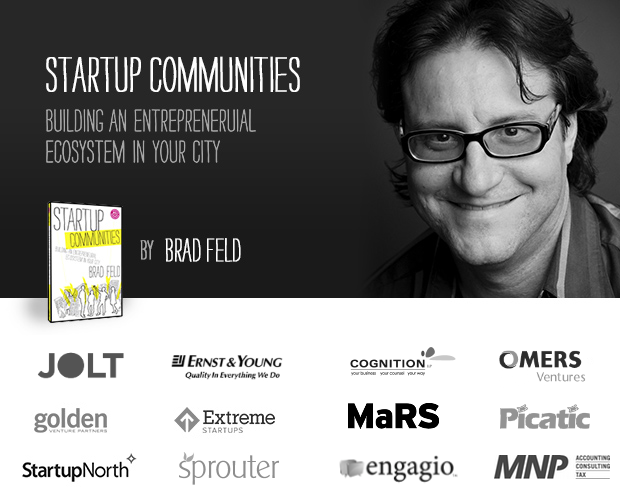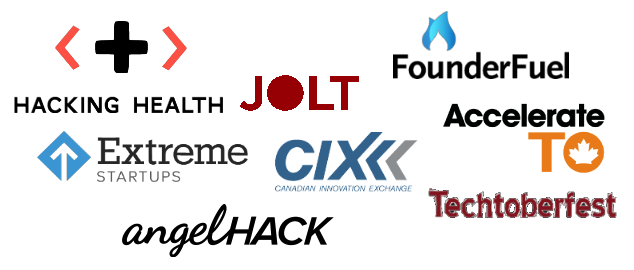These events are Chuck Norris Approved.
The best part about a health entrepreneurial ecosystem is the diversity of events. Toronto is rocking a variety of events, ranging from conversations to socials. But there are a lot of grassroots events where designers, developers, marketers, and technologists can get involved. There are lots of things going on beyond the usual social activities. My request, is that you refer a student or a colleague that you think might be interested. This is a great way for someone to start participating and get to the next level.
This one is aimed at marketers. It is happening November 7, 2012. It is not purely a startup marketing event, i.e., there is not an abundance of focusing on core core value proposition and user engagement. It is an event where there is distinct benefit to companies in the learning about Acquisition and Activation and Referral. There are a crazy number of marketers that have built and sold startups (see Jennifer Lum think Quattro Mobile) and those that are defining new techniques (see Kristina Halvorson think content strategy) and others that I think are doing a great job (see Hicham Ratnani think Frank And Oak).
“Canada has good engineering and technical talent but a shortage of sales and marketing talent.” Kunal Gupta, TechVibes
So, here’s a chance to gain access to world class marketing content. It’s relatively inexpensive, there are a few tickets left. And the after party is a fundraiser for our friend Michael O’Connor Clarke’s family.
The meshmarketing after-party on Nov. 7 is a fundraiser for the family of Michael O'Connor Clarke. http://t.co/NtlQ9vZN. All welcome!
— mesh conference (@meshcon) November 6, 2012
StartupWeekend Toronto is happening November 9-11, 2012. It is an event where designers, developers, marketers can come together and explore. The idea is that the artificial time constraints create the right environment to experience and understand what working in a startup is like. It might or might not produce a fundable startup, but it will produce potential founders that have experience working with each other. It’s a great event. At last check, there were a few wait list spots for non-technical individuals to participate.
Get Your Bot On!

![]()
![]()
![]() Some rights reserved by STCroiss
Some rights reserved by STCroiss
Hardware is cool again. I love seeing a rise of hardware, manufacturing and physical bit based startups in Toronto. Did you know there are companies like Upverter? Panda Robotics? Pebble (alright Allerta was a Waterloo company but headed to greener pastures before their Kickstarter campaign)? Get Your Bot On! is a three day event where you can learn along side newbies, hobbyists, and pros to build a robot. Let me repeat, you can build a robot. That’s amazing. Read Leila’s blog post about it. They will provide everything you need to build a robot.
Friday Nov 23 – Sunday Nov 25, 2012. Register to attend.
Still looking for an opportunity to hang with Leila Boujnane, Dan Martell, Amber MacArthur, Jesse Rodgers and me. Then AngelHack is a great way to build something in a 24 hour window and have the chance to get feedback and be entered in the larger AngelHack contest. Winners will get 6 weeks of mentorship in Silicon Valley (and the prizes include travel). It’s a great way for young developers to either kickstart a company and start to build a network beyond their local community.
“All participants are expected to work on the honor code and respect the rules below. Overall, if you come with a great idea, build something on the spot, and present us a meaningful new hack that can improve peoples lives (even if only in a humorous way) then we are pretty impressed.”












